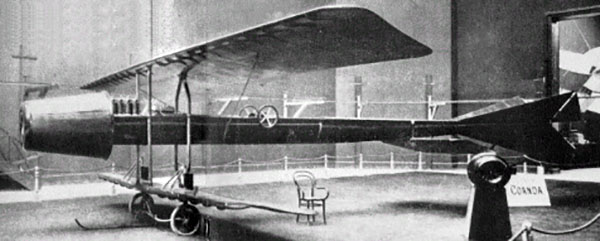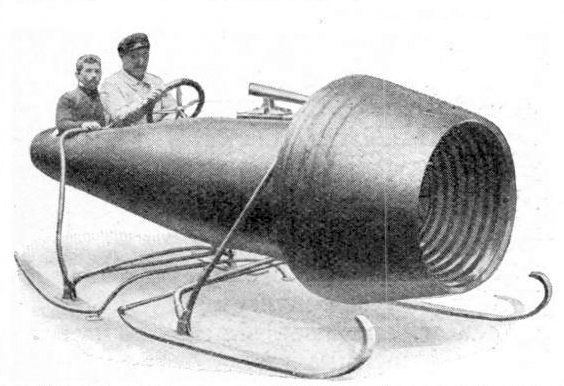

| Archive Blog Cast Forum RSS Books! Poll Results About Search Fan Art Podcast More Stuff Random |
|
Classic comic reruns every day
|
1 Caption: Henri Coandă Airport, Bucharest
2 Customs Officer: Velcome to Romania. Are you bringing in any... blood products?
3 Adam: Just ourselves. All flesh and blood! Ha ha ha!!
4 Customs Officer: I see. That vill do nicely...
|
First (1) | Previous (4529) | Next (4531) || Latest Rerun (2895) |
Latest New (5380) First 5 | Previous 5 | Next 5 | Latest 5 Mythbusters theme: First | Previous | Next | Latest || First 5 | Previous 5 | Next 5 | Latest 5 This strip's permanent URL: http://www.irregularwebcomic.net/4530.html
Annotations off: turn on
Annotations on: turn off
|
Henri Coandă Airport is named after, naturally, Henri Coandă, a Romanian inventor and aeronautical engineer.
He discovered the Coandă effect in fluid dynamics, which is the tendency of a jet stream of fluid to stay attached to a convex surface that curves away from the stream. It's an important effect in aerodynamics and aircraft design. It is the effect responsible for the demonstration in which a table tennis ball can be suspended in mid-air by a stream of air blowing upwards at an angle over the top of the ball.
Coandă also built a very interesting aeroplane, which was exhibited at the Second International Aeronautical Exhibition in Paris in 1910. The Coandă-1910 was a radical design for the time, being the only plane in the show not to have a propeller. The engine design was a novel "turbo-propulseur", as Coandă called it. It used a piston engine to drive a multi-bladed centrifugal fan, which drew air in from the front and compressed and heated it so that it blew out the rear end with added force.

Coandă claimed to have flown the plane once, but contemporary records show no evidence that the plane ever flew at all. He also built a sledge using the same type of engine, on commission for Grand Duke Kirill of Russia.

The sledge was exhibited at the 12th Automobile Salon of France, also in 1910, just a few months after the Aeronautical Exhibition. Reports published at the time indicate that the sledge was expected to reach speeds of up to 60 miles per hour, although again there are no records of the sledge ever being successfully operated.
Coandă faced ongoing financial problems developing his work, and although his contributions to aeronautics are clear in his managerial work and design of more conventional propeller craft over the next few decades, there is a lingering suspicion that his turbo-propulseur work was an engineering dead end that he attempted to pass off as something more. This is not helped by his later claims on the subject.
Following the development of the jet engine in the 1940s, Coandă began to claim in the 50s that his 1910 engine was in fact an early jet engine, despite there being no evidence that it had the essential feature of a jet engine, namely fuel injected directly into the airstream to burn and produce a very hot and high pressure exhaust. He also began claiming, despite no evidence, that he personally had flown the Coandă-1910, and that he had come up with the idea of injecting fuel into the airstream, thus producing enhanced thrust, calling it "the first jet flight".
Aeronautics historians have noted that Coandă later doctored some of his original 1910 patent design drawings, to add components to make it seem as though a fuel injection system was present in the original design.
Coandă's reputation within Romania seems to be significantly brighter than the broad historical consensus. He seems to have the status of an inventor-folk-hero of the Romanian people. In 2010, Romania officially celebrated the centenary of "Coandă's invention of the jet engine", and issued coins and postage stamps in his honour. And as we see here, Bucharest's main airport is named after him.
|
LEGO® is a registered trademark of the LEGO Group of companies,
which does not sponsor, authorise, or endorse this site. This material is presented in accordance with the LEGO® Fair Play Guidelines. |